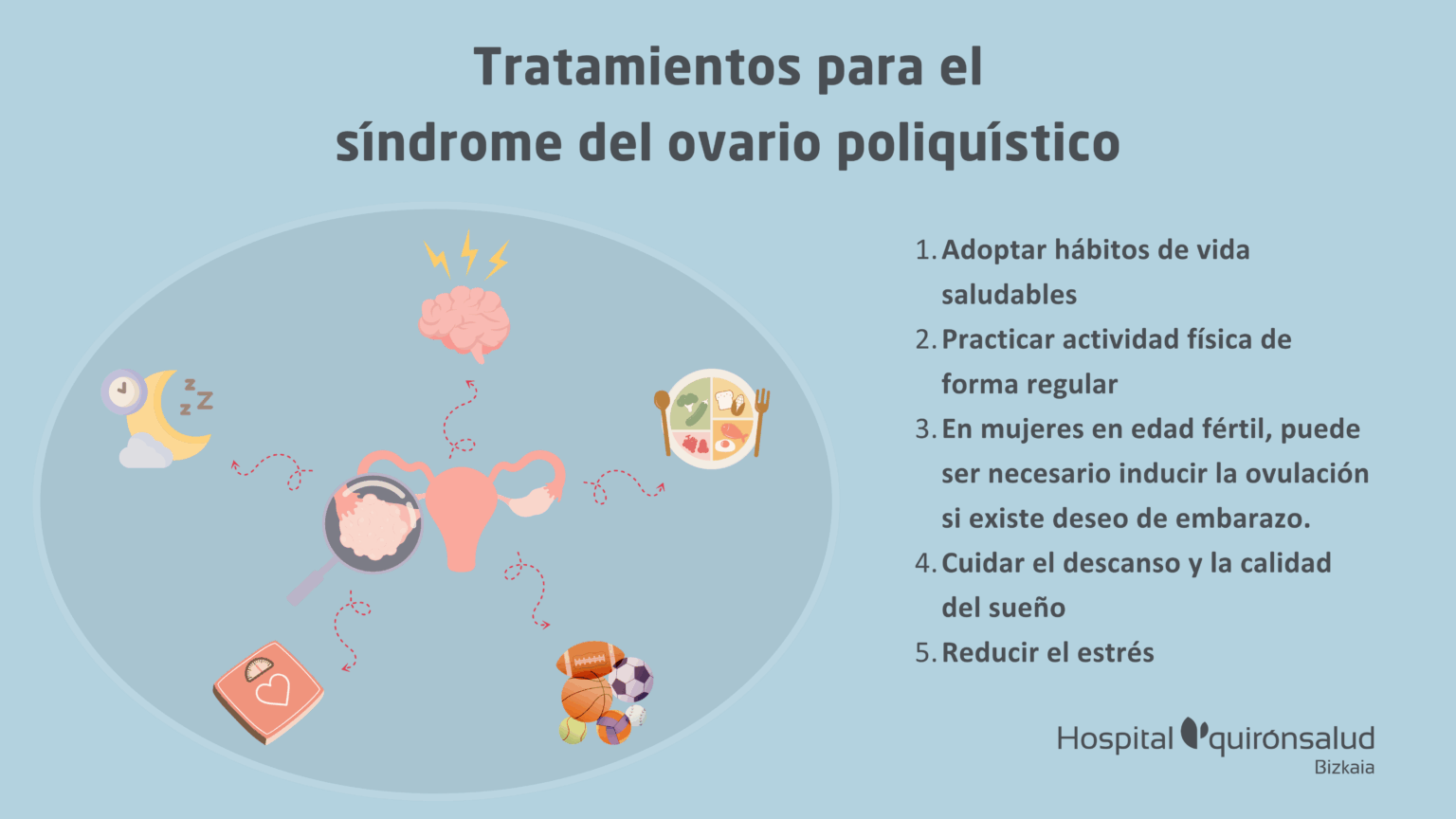Here’s the American English translation:
—
At Quirónsalud Bizkaia Hospital, a team of experts in gynecology is committed to addressing the treatment of polycystic ovary syndrome (PCOS) comprehensively. According to Dr. Ignacio Lobo, head of the Gynecology Department, it is crucial to understand that PCOS is not an isolated disease but a set of symptoms that indicate a hormonal imbalance.
A key distinction that Dr. Lobo emphasizes is the difference between having polycystic ovaries and suffering from PCOS. Many women may have ovaries with multiple follicles without this meaning they are experiencing a hormonal imbalance. To confirm the diagnosis of PCOS, it is essential that there are alterations in menstrual cycles and hormone levels, thereby differentiating this syndrome from the condition of polycystic ovaries.
PCOS is associated with an increase in androgens, which can lead to irregular menstrual cycles, acne, excessive body hair growth, obesity, and hair loss. Dr. Lobo underscores the importance of not normalizing certain symptoms such as extreme menstrual irregularity or unexplained hair loss, urging women to consult healthcare professionals.
To establish an accurate diagnosis, specialists combine patients’ medical histories with physical exams, hormonal analyses, and ultrasounds. In cases where irregular menstrual cycles are observed, multiple small follicles that have not matured can often be identified.
Despite the complications that PCOS can bring in terms of fertility and metabolic health, Dr. Lobo delivers a message of hope. With appropriate treatment, women can lead active and healthy lives. This treatment should be personalized, taking into account factors such as age, symptoms, and each patient’s desires.
The specialist suggests adopting healthy lifestyle habits, emphasizing the importance of weight management. “Normalizing body weight can improve hormonal function,” he explains. He also recommends reducing refined carbohydrate consumption to enhance insulin sensitivity and promoting regular physical activity, key elements for maintaining hormonal and metabolic balance.
For women of childbearing age who wish to conceive, ovulation induction may be necessary. Additionally, sleep care and stress management are considered essential in treating PCOS. This comprehensive approach not only seeks to avoid unnecessary labeling but prioritizes the well-being of affected women, promoting a more compassionate and personalized approach to medical care.
via: MiMub in Spanish











